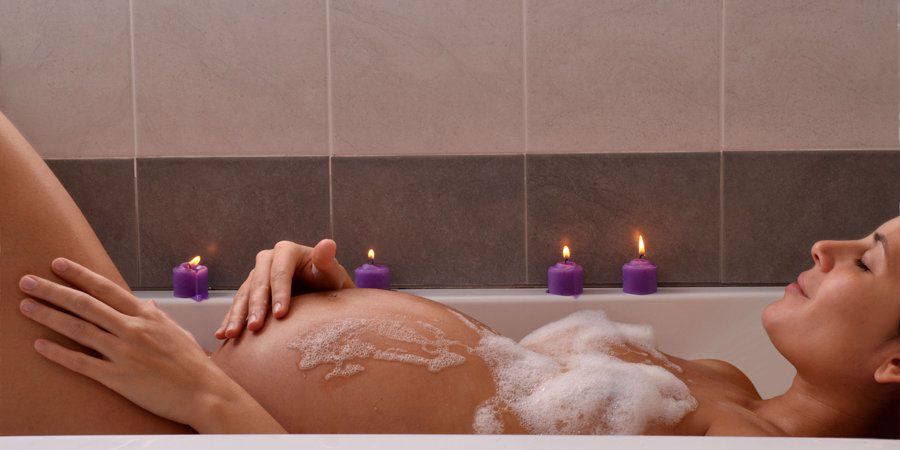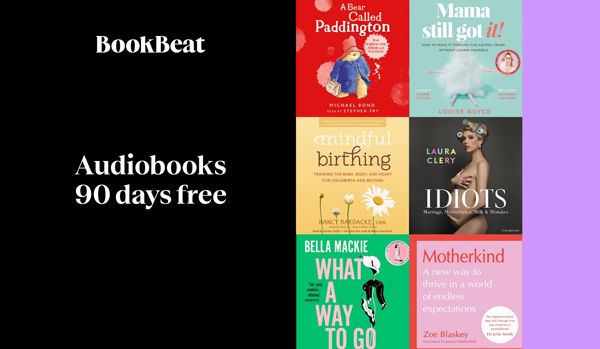If you experienced back or hip pain prior to falling pregnant, we’re sorry to say they don’t get better.. Quite the opposite. It’s a fact, pregnancy can be uncomfortable at times. As you enter your second trimester and start to grow that little (or not so little) bump, you may start to have people giving up their seat for you without you having to ask and having dear old ladies start requesting to touch your now very round tummy. With that bump, however, comes excess weight and pressure on your joints; particularly your back and hips.
Hip pain is usually caused by the loosening of the ligaments holding together the sacroiliac joints that connect your spine and pelvis as a result of the pregnancy hormone release of Relaxin. Whilst this relaxation of the ligaments and joints aids in the birthing process, it can cause pain and discomfort in your hips, lower back and legs as your uterus will weigh down on your newly mobile joints. This can result in misalignment, inflammation and bone grinding. As your pregnancy progresses, your aches and pains will get a little worse and waddling around keeping yourself busy may no longer be an option. You’ll need to start resting up a lot more, keeping your feet up and resting your poor back and hips, wondering whether you were pregnant, or suddenly 80 years old! Sleeping on your side, which is a must during the later stages of pregnancy, doesn’t exactly help either with the pressure it puts on your hip joints. Those with preexisting pain or are overweight also tend to have greater issues, but with some light exercise and following these simple tips, could make these pains more manageable.

Take Warm Baths
Soaking your joints is always a sigh of relief after a long day. Take some me-time, light some candles, your favourite pregnancy-safe bath bomb or bubble bath and have a nice long soak to melt your aches and pains away.
Take Painkillers
Taking painkillers regularly throughout your pregnancy won’t harm you or your baby. Over-the-counter pain relievers such as Acetaminophen (the active ingredient in Tylenol) and Asprin can hugely help relieve pregnancy-related hip pain right through until labour. Other anti-inflammatories such as Ibuprofen and Naproxen are also great for pain relief, though it is advised to avoid these in your third trimester as they can cause an increase in bleeding during labour. You could switch to Asprin for these final weeks, but if you have concerns, speak to a pharmacist or your GP for clarification.
Take up Yoga or Pilates
Both Yoga and Pilates are strengthening exercises with slow movements and both are perfectly safe during pregnancy. With the help of some resistance bands, a yoga ball and yoga matt at home, or by joining a class at your local health club will keep your muscles strong, which in turn keeps your joints and hips together, easing your pain.
Exercise
Practicing exercises that strengthen both your back muscles, abdominal muscles and pelvic floor will likely reduce your hip pain. One exercise that could particularly help is a laydown hip thrust. Lay on your back with your hands - palm down beside you, place your feet on the ground with your knees bent and use your abs, glutes and quads to push your hips up into the air. Do this slowly for 5 minutes every day to help strengthen the muscles.
Use a Hot water bottle/microwavable heat pack
As with taking a bath, applying heat to your aches and pains can help massively to relieve pain. Using a hot water bottle (not too hot) or a microwaveable heat pack or wheat bag allows you to apply heat to specific areas.
Use pillows
Using pillows between your knees or thighs when you sleep can help ease your pregnancy-related hip pain as it levels out the angle of your hips and knees, easing joint pain. If you have already bought a pillow for breastfeeding, these are exactly the right thickness and shape for a comfy, pain-free night’s sleep.



